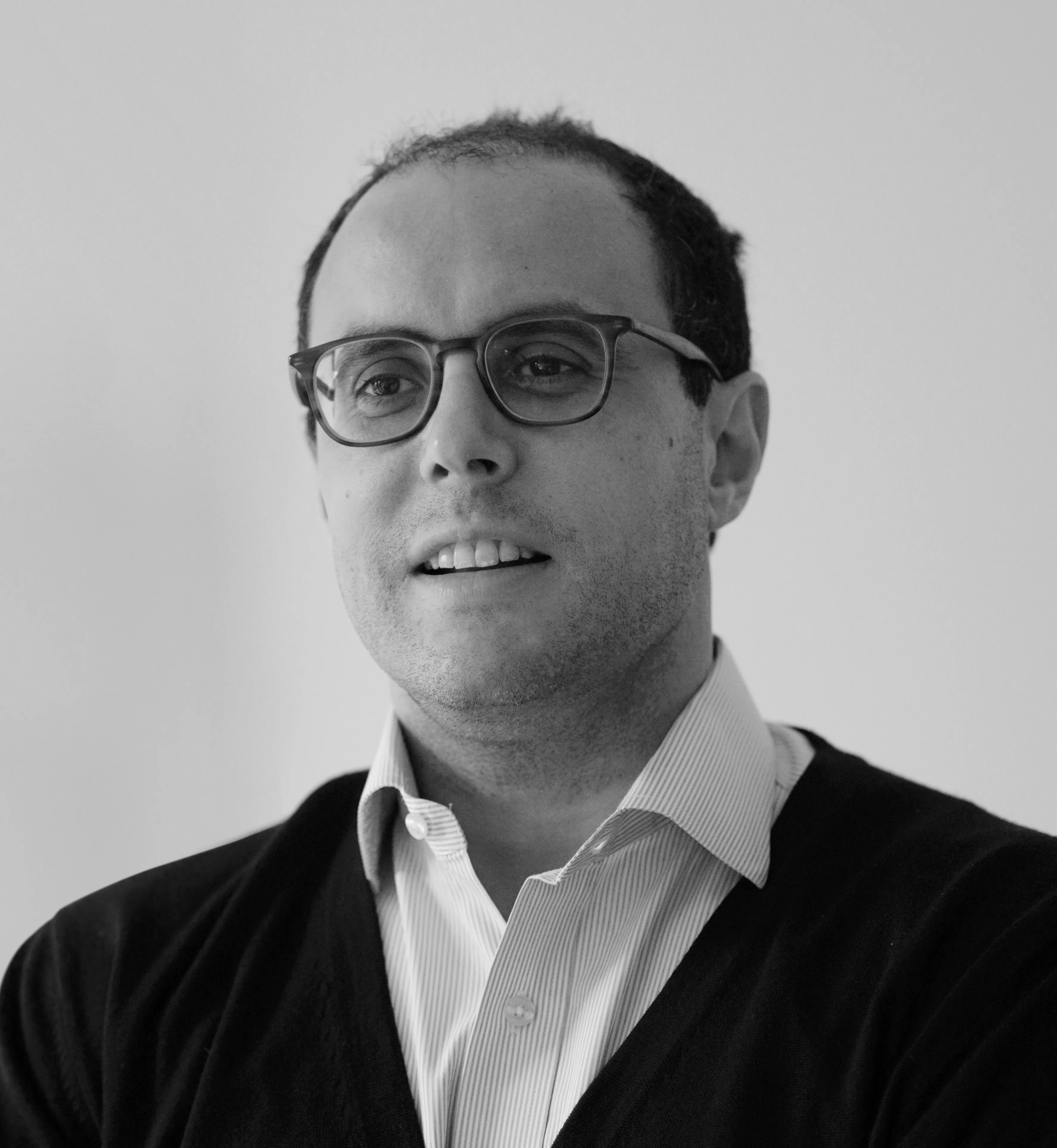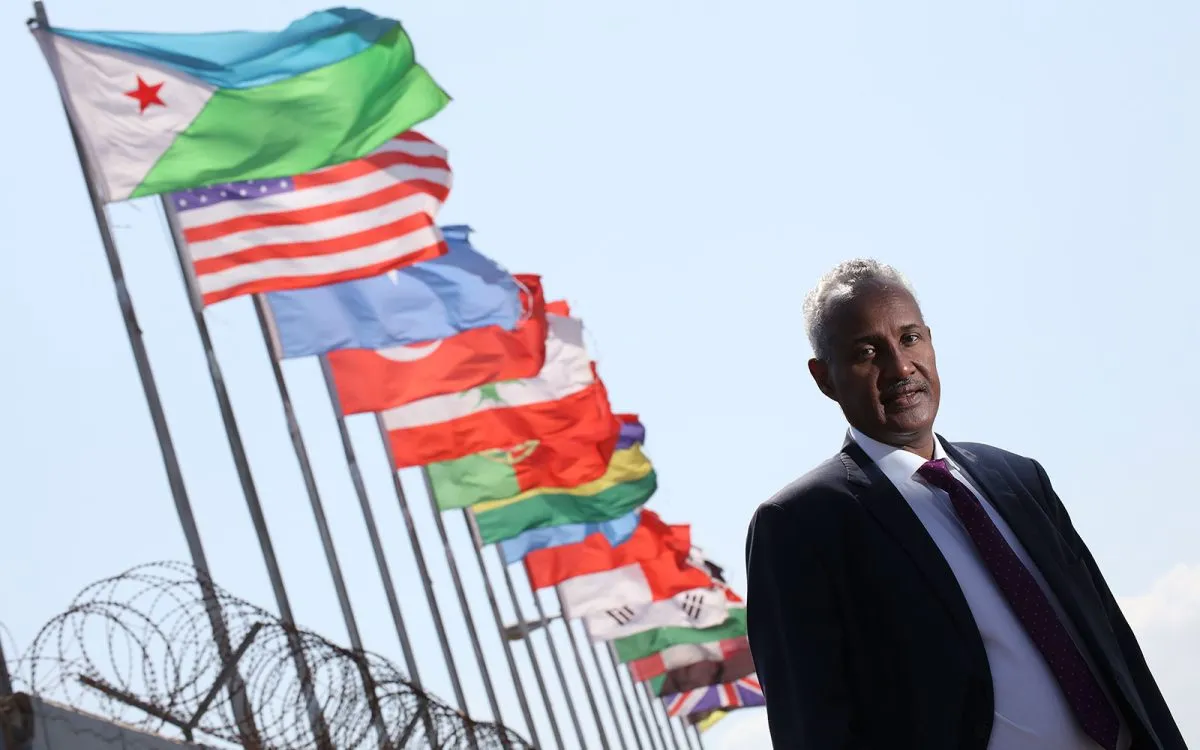“We are ranked third in the whole continent, with only Morocco’s Tanger Med and Egypt’s Port Said ahead of us. We are number one in sub-Saharan Africa and number 19 in the whole world,” says Aboubaker Omar Hadi proudly.
He is referring to Djibouti’s ports and its free zones. He has been Chairman of Great Horn Investment Holding (GHIH), which is run by the Djibouti Ports and Free Zones Authority, since 2011, following a 40-year career in the business, which included a stint managing one of Nigeria’s largest ports. Over the period of his stewardship, he has adroitly supervised investment into the ports, building them into a critical asset for the East African country. Investments in the last seven years or so top $1.5bn, making it one of the continent’s largest investors.
Djibouti’s geographical position places it at the centre of global trade, with two of the world’s three busiest trading routes running through it. It has sought to maximise the potential.
The investments include the development of Doraleh Multipurpose Port, the electric railway linking Djibouti to Ethiopia, and the Djibouti International Free Trade Zone (DIFTZ), which the port authority says will be the biggest of its kind in Africa once the second phase gets underway. DIFTZ has been operational since 2018.
Djibouti has six major ports and terminals: Historic Port of Djibouti (PDSA), Tadjourah, Doraleh Multipurpose Port (DMP), Ghoubet, Damerjog and the Société de Gestion du Terminal à conteneurs de Doraleh (SGTD). According to the World Bank, Djibouti’s port system is also one of the most efficient in the continent now. Hadi says this has been achieved by “investing in human capital, technology, equipment and maintenance resources.”
GHIH has made sizeable investments – for example, Doraleh Multipurpose Port, an extension to the main port 5km from the city of Djibouti, cost $590m. Another $338m went into the Djibouti International Free Trade Zone. GHIH put $120m into the Red Sea Power (RSP) wind farm in Ghoubet, while the Damerjog Liquid Bulk Port cost $224m. A further $128m was spent building the floating ship repair. The Doraleh container terminal (Société de Gestion du Terminal à conteneurs de Doraleh – SGTD) has also seen some expansion (4 Malaccamax), in which the company invested $70m of its own money.
Hadi has led changes in the operational approach of GHIH. “Over the past 10 years, we developed a lot of structures. We have built ports, we have built free zones, we have also got involved in the energy sector because the port and the free zones require a lot of energy,” he says.
Investing in energy generation, such as RSP’s 60MW wind farm, means the port system has access to affordable and reliable green energy, making it competitive and sustainable. Similarly, GHIH has invested in hotels, as part of a strategy to diversify its income streams and become less reliant on port traffic. Currently, there are 23 companies under GHIH, ensuring that it has diverse income streams and in some cases, is able to procure services it needs from under its own umbrella.
Diversification now the priority
Diversification is extremely important, not just to GHIH but to Djibouti. According to some estimates, over 70% of the economy is tied up in the port system and the services it provides, and as much as 35% of the traffic comes from Ethiopia, the country’s much bigger, landlocked neighbour.
Even though recent uncertainties in global trade and traffic have been more of a boon than a bane for Djibouti, its leaders are right to seek to diversify away from the ports and grow other sectors. As the country’s most important and valuable firm, GHIH is taking a lead role in this effort.
The free zones that the company is championing are one way of opening up a new income stream. Hadi insists that the company does not want to become a trading company but merely a service provider.
The free zones offer companies a way to diversify their production. “So rather than operating out of, for example, China, or India, they’re bringing semi-assembled items to Djibouti to finish the assembly and ship to their customers.” This is a way of optimising your treasury, Hadi explains, through the better management of inventory and just-in-time delivery.
For companies – and final consumers – this can be the difference between eight weeks or three days to delivery. It also helps to cut the carbon footprint, reduces costs and provides welcome revenue for the host country. Producers / companies have not needed much convincing, with some 800 taking advantage of the four free zones to date.
The company is also pursuing an inventive sea-to-air transport strategy where it receives goods at its ports and redirects them by air worldwide. “We started a year ago,” Hadi says. “We receive cargo coming by sea to the Djibouti ports and then airlift them to, so far, 24 cities in 21 African countries.” This includes high value goods such as IT equipment (electronics), urgent replacement parts as well as perishables such as medicines.
25% annual trade growth
Hadi sees sustained growth in the volume of trade, both externally and within Africa, leading to greater use of port facilities.
He predicts that business will grow by 25%, year on year, over the next 10 years. “I am confident because we are already doing 35%,” he elaborates by way of context. When asked his financing needs over this period, he says it will be around $10bn.
These ambitions will be helped by stronger support from African financial institutions. Finding the capital for these investments has not come easy and it has taken a few years to convince financiers to support the company’s expansion plans. Today GHIH can count on the African Export-Import Bank and Africa Finance Corporation among its backers, but in future, it will be looking for more and quicker support, not just debt but also equity, he stresses.
“It takes a long time to get the financing from the financial institutions,” he says. “It can take three or four years before we can start construction. African banks have to take more risk than they do now.”
However, he says that obtaining finance is easier now for GHIH than it used to be, on the strength of its past performance. “If you are reliable, have a clean record and pay back your debts, then there is no issue. But at the beginning it was very tough,” he recalls.
Its track record should come in handy as the company embarks on the next chapter. The $10bn in investments is to build the consolidated portfolio that will fully diversify its holdings and secure it and the country from trade shocks, expected and unexpected.
“That money will go to developing real estate, a hotel, malls, as well as the ports. Some will also go into the six ports we have now. It will also enable us to industrialise our free zones,” he adds.
With regards to equity partnerships, Hadi says the holding has already put in the funds for some of its projects, which investors are now able to participate in through refinancing.
If the past is indeed a prologue, then GHIH has set itself up for an exciting future, building on its investments, track record and leadership to create what may well become one of the pivotal institutions in the Horn of Africa, making a massive difference to how trade is conducted.
Want to continue reading? Subscribe today.
You've read all your free articles for this month! Subscribe now to enjoy full access to our content.
Digital Monthly
£8.00 / month
Receive full unlimited access to our articles, opinions, podcasts and more.
Digital Yearly
£70.00 / year
Our best value offer - save £26 and gain access to all of our digital content for an entire year!

 Sign in with Google
Sign in with Google 



